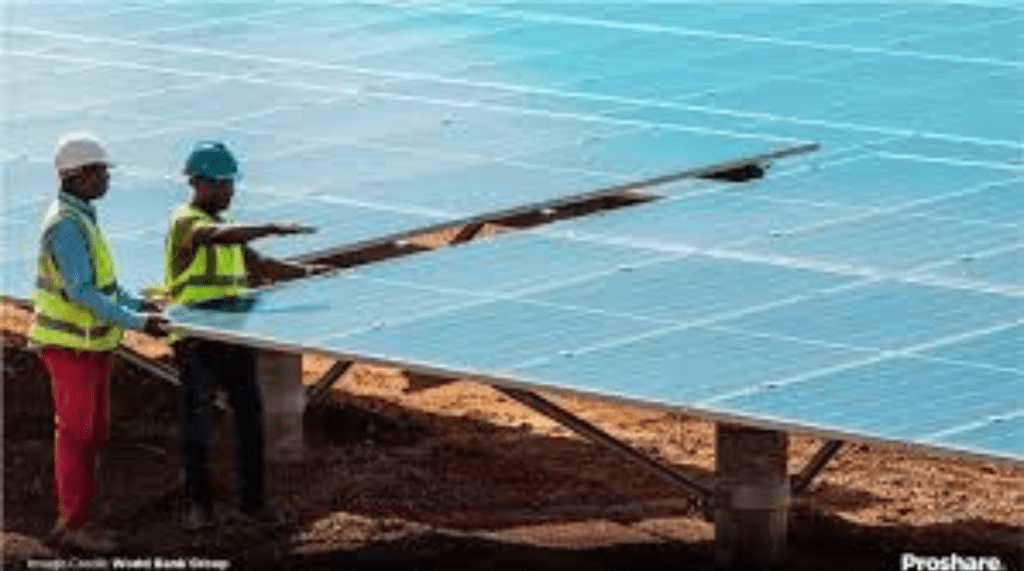The African Development Bank (AfDB) has launched a landmark $1 billion initiative to support renewable energy development in West Africa. This effort, aimed at accelerating sustainable energy access, was announced at AfDB’s annual meetings held in Sharm El-Sheikh, Egypt. This initiative forms part of the bank’s broader strategy to enhance green growth across Africa, addressing energy shortages and creating thousands of new jobs in the region.
Led by AfDB President Akinwumi Adesina, this initiative is set to finance projects focused on expanding wind, solar, and hydropower capabilities. These renewable energy ventures are designed to deliver sustainable electricity, decrease dependency on fossil fuels, and reduce carbon emissions, which aligns with global goals for climate change adaptation. The effort also promises to alleviate energy poverty in West African countries, where energy access rates are among the lowest worldwide.
During the launch, President Adesina emphasized the urgency of addressing Africa’s energy deficit and the unique role renewable energy can play in supporting regional economic growth. He noted that the continent’s vulnerability to climate change necessitates adaptive energy solutions that are both sustainable and resilient. The $1 billion fund will work alongside private sector investors, global development partners, and local governments to bridge financing gaps in West Africa’s renewable energy market.
Key locations expected to benefit from this investment include Nigeria, Ghana, and Côte d’Ivoire, countries where rapid urbanization and industrial demands are outpacing current energy supplies. Beyond energy production, the projects under this fund are anticipated to foster economic development by creating jobs and supporting new business opportunities, particularly in rural areas where energy infrastructure remains underdeveloped.
This renewable energy initiative is part of AfDB’s strategic effort to mobilize $25 billion in climate finance by 2025. By focusing on renewable energy, the bank aligns its financial support with its long-term goals of establishing a resilient, green economic framework across Africa. It also reinforces the African Union’s Agenda 2063, which prioritizes sustainable development and self-sufficiency in energy..
This initiative represents a significant move toward sustainable energy and economic growth in West Africa, as it combines financial support with a strategic focus on the continent’s long-term resilience and prosperity.























